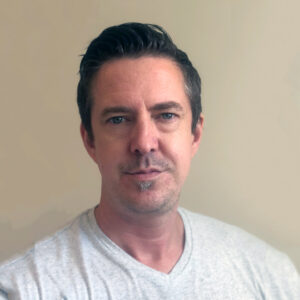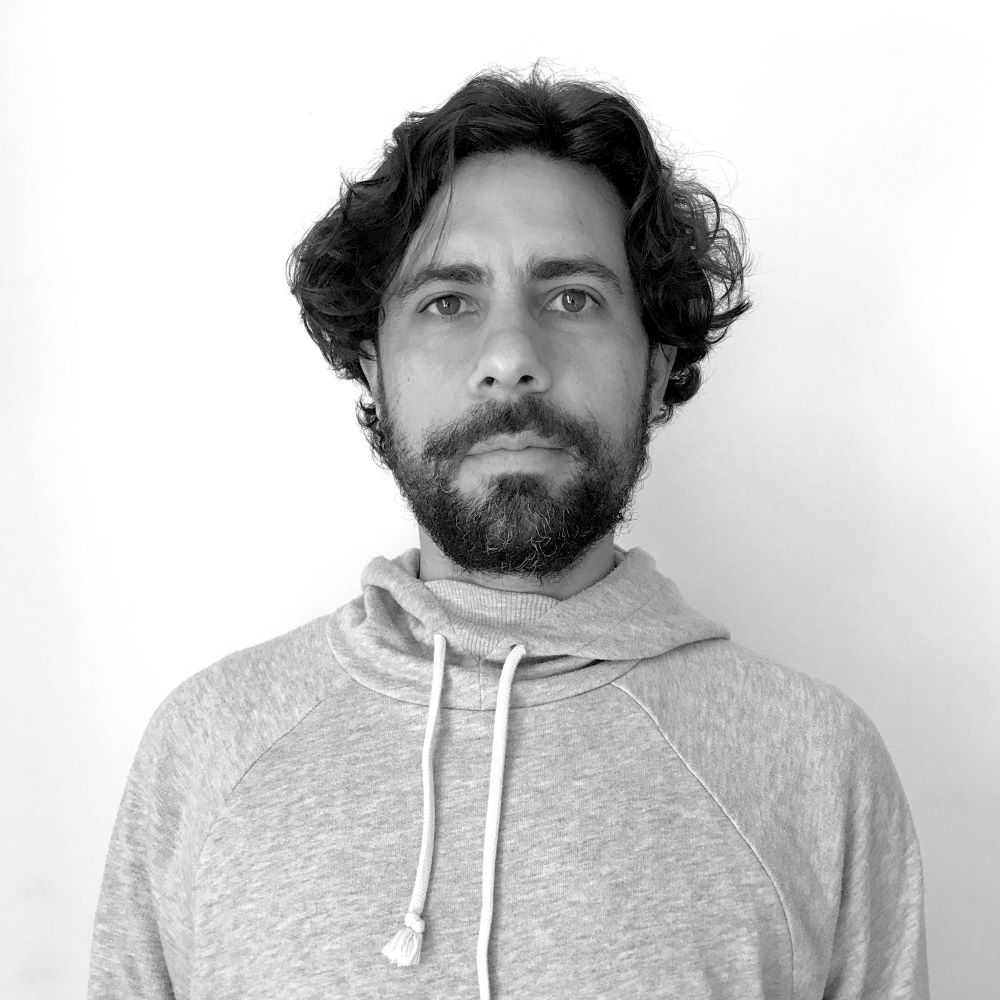Telemidi is a subset of Telematic Music Performance (TMP) that enables musicians to co-create music in real-time by simultaneously exchanging MIDI data over the Internet. Connecting over a Wide Area Network (WAN i.e. the Internet) introduces a significant latency (delay) issue that disrupts the delicate timing nuance of live musical performance. This is a monolithic obstacle for TMP performances.
Matt Bray’s PhD research has revealed a suite of Latency Accepting Solutions (LAS) can facilitate musicial cooperation between remote collaborators for a synchronous outcome. Participants build and exchange musical ideas, improvising and composing (Comprovising) freely, regardless of the physical distance between them. The aim is to enhance the sense of Telepresence experienced by collaborators, the sense that they are in the `same space’ as the other, where ideas can be exchanged freely as if they were improvising on instruments in the same room.
Currently completing PhD at the Western Australian Academy of Performing Arts (WAAPA – ECU, Perth, Western Australia), Matt is researching further measures to reduce the obstruction of network latency and to increase Telepresence for all participants. Matt is also investigating pathways to present live TMP events to audiences within immersive, online environments.

Matt Bray
Musical Background
Matt Bray has operated as a professional musician (drummer, singer, guitarist, MIDI performer) since 1996 playing over 3,300 gigs. Matt has over 170 registered compositions including a piece performed by the Melbourne Symphony Orchestra and credits on an Australian Top 40 album and Top 20 single. Using MIDI technologies in live environments since 1998 (Roland V-Drums), Matt has developed a range of methods for incorporating sample and synth based performance/composition in live performance.
Genres embraced by Matt include rock, punk rock, blues, progressive rock, funk, acid jazz, dub reggae, drum and bass, electronica, minimal techno, orchestral and experimental.
Highlights involve the performance of his composition Jazz-Latin Overtones by the Melbourne Symphony Orchestra in 1994, collaborating with Carl Cox for the 2021 soundtrack for Venom II, operating as a composer/performer for top the 40 album Extremist Makeover (28-Days) in 2004, and the top 100 iTunes rock album Beautiful in Danger by middle eastern progressive rock outfit Jericco in 2013. Matt completed two EU tours with blues/rock outfit Dirt River Radio in 2016 and 2018.
Progression to Telemidi
Matt founded live electronica outfit K-Oscillate in 2001, spending nine years performing live Drum and Bass, therein developing a complex, hybrid acoustic/electronic drum kit environment.
K-Oscillate’s detailed LAN DAW set up gradually evolved into a funk/reggae, grid-based composition platform in 2014 (Phantom Hitmen), wherein the concept of connecting two such environments across the Internet became a focal point for further exploration.
As Internet bandwidth, computer processing power and software application functionality developed, Matt invested increasing amounts of energy into developing performance environments within networked DAW infrastructure. Coupled with Higher Education lecturing since 2007, the understanding of this technology’s progression towards commercially viable music (synced live gigs) has been a motivating factor for Telemidi.

Bernardo Varela
Artistic Background
Bernardo Varela is a multidisciplinary artist exploring activations of mental imagery through ambiguous audiovisual stimuli.
Working with digital and situated experiences his practice investigates elements of experimental psychology combining audio scene analysis, motion perception and the brain’s capacity to create meaning from noise.
“Aesthetic experiences can lead ourselves to question the way we perceive our immediate surroundings. I’m interested in the power of human perception to readapt itself, especially when everyday stimuli, like background noise, can be perceived as something meaningful and extraordinary.”
Coming from an extensive experience in visual effects, he passionately incorporated sound design and field recordings to his practice during his Masters in Design for Performance and Interaction at UCL in 2019.
Born in Brazil and based in London, Bernardo started experimenting with connections between sounds, motion and light in the early 2000’s with Moleculagem, a brazilian collective of artists committed to exploring the possibilities of mixing art, video, music and technology, designing audiovisual and live performances.

